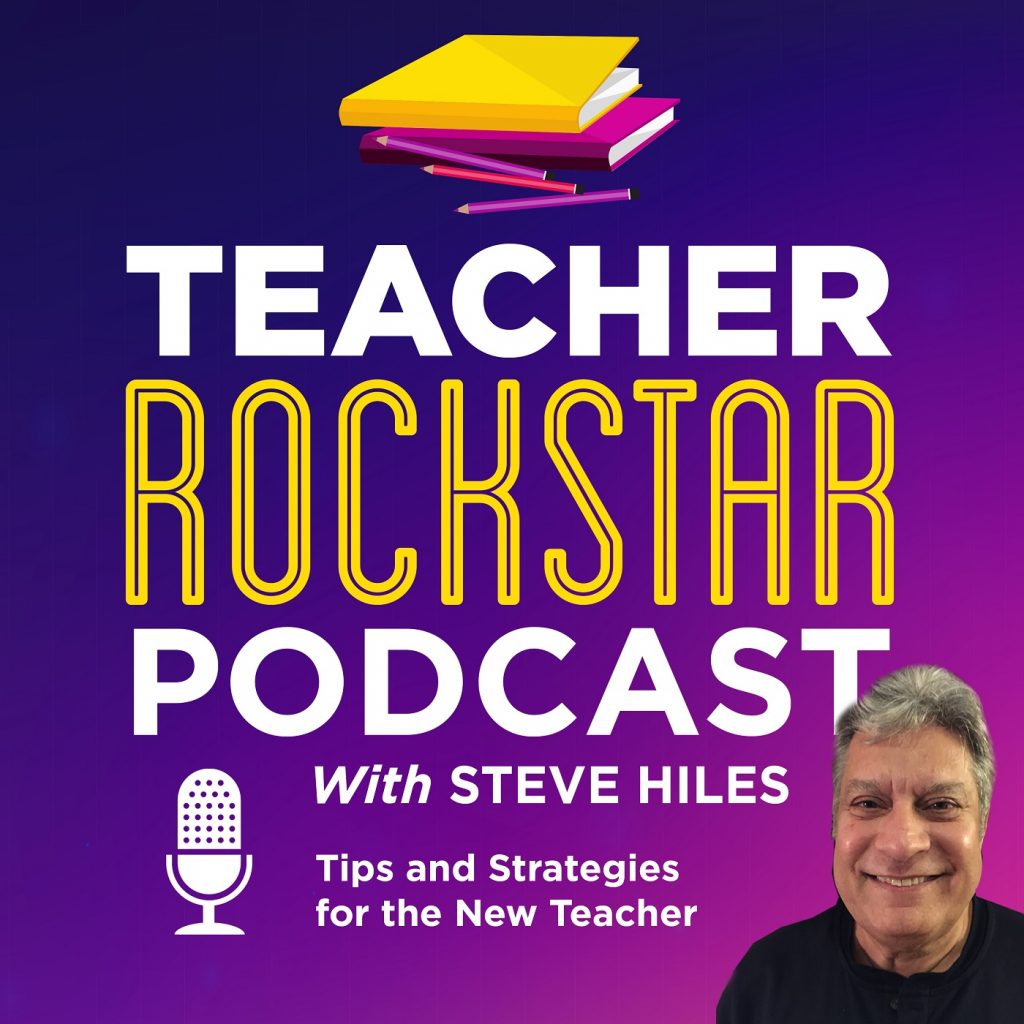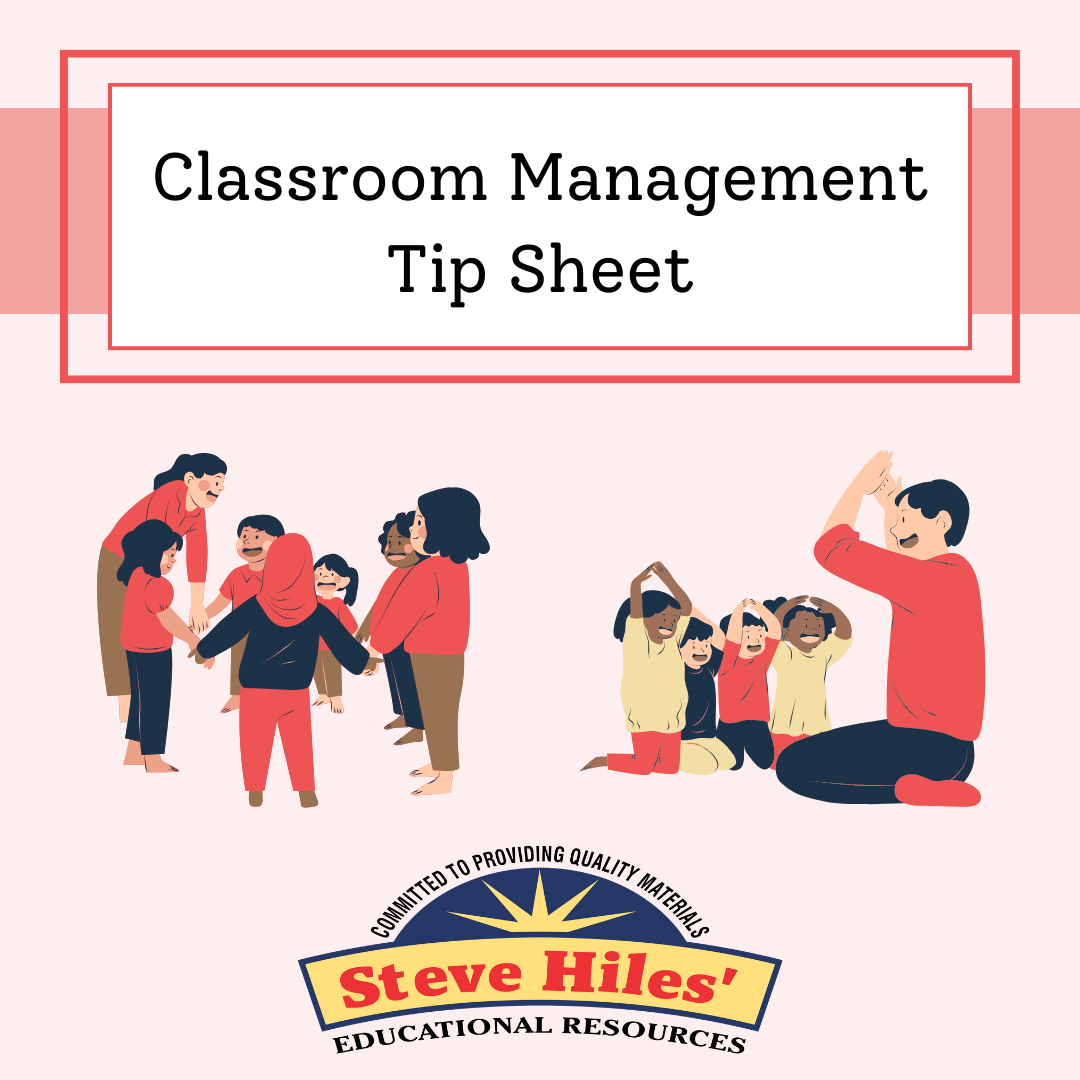First things first: communication is not just about what you say. It’s about how you say it. Picture this: you’re explaining fractions to your students, and you sound like you’re reciting a tax code. Even Einstein would doze off. Tone, pacing, and energy are your best friends. Speak with enthusiasm, and you’ll hook your students from the start.
Now, let’s talk about clarity. Have you ever given instructions to your class, only to be met with blank stares? Yeah, me too. Here’s a golden rule: keep it simple. Break complex tasks into bite-sized chunks. And for goodness’ sake, double-check that your students actually understand. A quick “Can someone repeat what I just said?” works wonders.
Next up: non-verbal communication. Your body language speaks volumes—sometimes louder than your words. Stand tall, make eye contact, and use those hand gestures like a maestro conducting an orchestra. But be mindful; flailing arms can quickly turn into a distraction. Unless, of course, you’re teaching interpretive dance—then flail away!
Here’s a biggie: listening skills. I’m not talking about the “uh-huh, sure” kind of listening. I mean really tuning in. When a student shares something, even if it’s off-topic, give them your attention. It’s not just respectful—it builds trust. Plus, you’d be surprised how often their side comments reveal what’s actually going on in their minds.
Let’s shift gears to communicating with parents. Ah, yes, the sometimes nerve-wracking parent-teacher conference. Here’s the secret: start with the positives. Parents want to hear that you see the good in their child. Then, if you need to address a concern, frame it as an opportunity for growth. Sandwiching the critique between compliments? Classic move. Works every time.
Oh, and don’t forget about email etiquette. Keep your messages professional but approachable. Use proper grammar—this is not the time for emojis or texting lingo. Unless you’re 100% sure the parent will appreciate a smiley face, stick to periods and commas. And always proofread. Nothing undermines your credibility faster than a “form” instead of “from.”
Moving on to colleagues: teamwork makes the dream work, my friends. Whether you’re collaborating on lesson plans or hashing out cafeteria duty schedules, clear communication is key. Be respectful of their time and perspectives, even if you’re silently disagreeing with their choice of laminating everything in sight.

Let’s talk about addressing conflict—because it will happen. Maybe a student refuses to follow a rule, or a parent questions your methods. The key here is staying calm. Easier said than done, I know. But take a deep breath, listen without interrupting, and then respond thoughtfully. Pro tip: starting your reply with “I understand where you’re coming from” can defuse almost any situation.
Now, here’s a fun one: humor. Yes, humor is a communication skill! A well-timed joke can lighten the mood, build rapport, and make your classroom a place students actually want to be. Just remember, sarcasm is a risky road—especially with younger kids. What’s hilarious to you might be confusing or even hurtful to them.
Another key tip: know your audience. Your tone and language should adapt depending on whether you’re talking to a kindergartener, a high school senior, or a parent. Teaching is like being a chameleon—you’ve got to blend in with your audience without losing your authentic self.
Technology plays a role, too. Whether it’s a Zoom call or a message on your class app, clear communication is crucial. Keep it concise, avoid jargon, and—this is important—double-check that your tech tools are working before you start. Nothing kills your credibility like “Can you hear me now?” on repeat.
Here’s something I wish I’d known earlier: ask for feedback. Whether it’s from students, parents, or colleagues, asking how you can improve shows humility and a willingness to grow. And hey, you might even get a tip that changes your entire approach for the better.
Lastly, remember that communication is a skill you’ll refine over time. You’re going to make mistakes—we all do. The important thing is to learn from them and keep moving forward.
So, there you have it: effective communication skills for new teachers. Start practicing these tips, and you’ll not only improve your classroom management but also build stronger relationships with everyone in your school community.







